Alumni Day: Princeton’s Top Prizes
Recipients of Pyne Honor Prize, Jacobus Fellowship, and alumni volunteers honored
The two winners of the Pyne Honor Prize, the University’s top undergraduate award, were honored at Alumni Day.
Joseph Barrett ’14, a history major. He participated in the first year of Princeton’s Bridge Year Program, in Varanasi, India, and is a tutor with the Petey Greene Prisoner Assistance Program, a co-founder of Students for Prison Education and Reform, and a club soccer team member. Barrett, whose thesis explores the government’s role in reducing poverty in the 1960s, plans to work to develop volunteer-based GED tutoring programs for prison inmates.
Isabel Kasdin ’14, a history major. President of Princeton University Players, co-president of the Princeton University Chapel Choir, an Outdoor Action leader, and an Orange Key tour guide, Kasdin will pursue a master’s degree in archaeology at Cambridge University. Quoting from the musical Assassins, which she co-directed at the Edinburgh Festival Fringe in 2012, she said, “There are prizes all around you if you’re wise enough to see.” Then she added, “Princeton has given me the prize of community.”
There were four winners of the University’s highest honor for graduate students, the Jacobus Fellowship, which supports the final year of study.
Cristina Domnisoru, neuroscience. She was the lead author of a study that provides evidence of an “internal GPS system” in the brain. Her work on neural circuits could lead to better understanding of Alzheimer’s and other diseases.
Sonika Johri, electrical engineering. Her adviser, Professor Ravindra Bhatt, said Johri already has made “substantive contributions in three distinct areas of condensed-matter physics.”
James Pickett, history. His dissertation focuses on Islamic scholars who leveraged their learned status obtained in Islamic colleges to secure positions of influence in Central Asia. His adviser, Professor Stephen Kotkin, called Pickett “brilliant yet unassuming, analytically bold yet unduly scrupulous with evidence.”
Emily Vasiliauskas, English. Her dissertation chronicles the invention of the “literary afterlife” in the early decades of the 17th century in England. Professor Nigel Smith, her adviser, called her “one of a new breed of highly accomplished Medieval-Renaissance scholars in literary study.”
The Class of 1988 won the Class of 1926 Trophy for raising $9,001,988 in celebration of its 25th reunion.
The Harold H. Helm ’20 Award for sustained service to Annual Giving went to Joseph A. Caltagirone Jr. ’62, of Sarasota, Fla.
The Annual Giving Committee of Chicago, led by Christopher K. Yarbrough ’96, received the Jerry Horton ’42 Award for expanding dollar and participation results.
The Princeton Alumni Association of Broome County (Binghamton), the Princeton Association of Northern Ohio (Cleveland), and the Princeton Club of Australia shared the S. Barksdale Penick Jr. ’25 Award for local schools committee efforts.


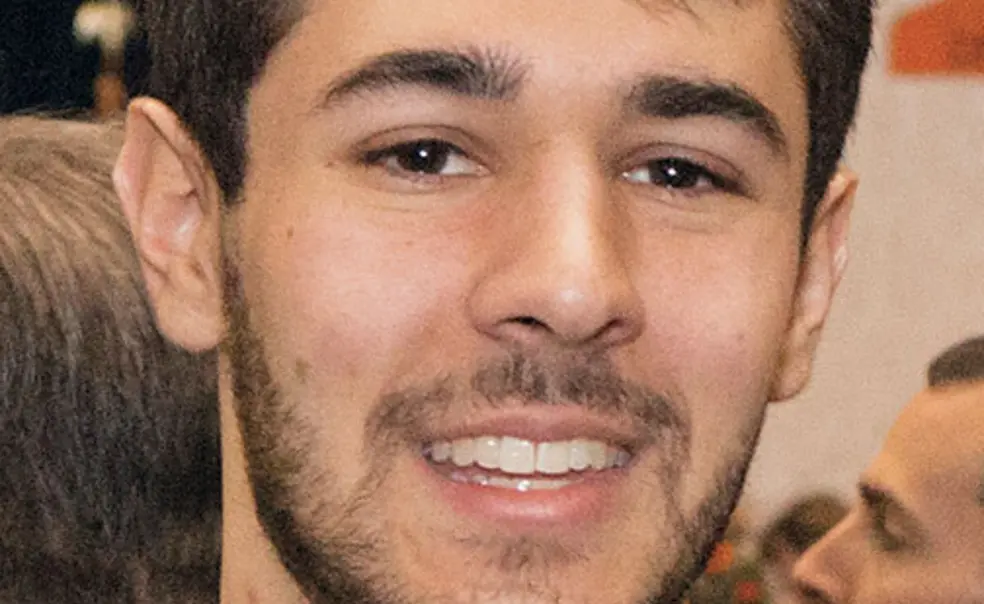
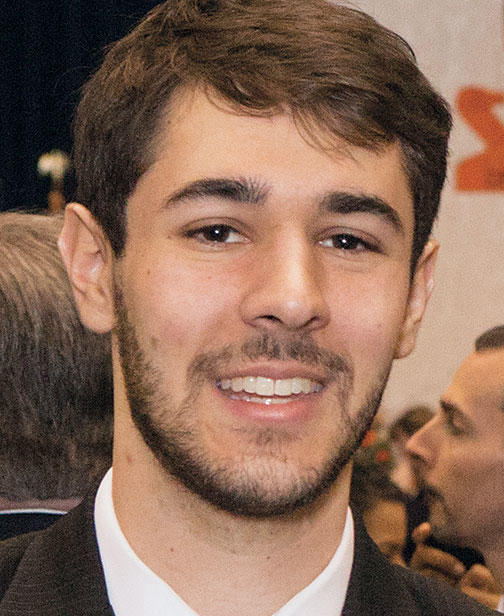
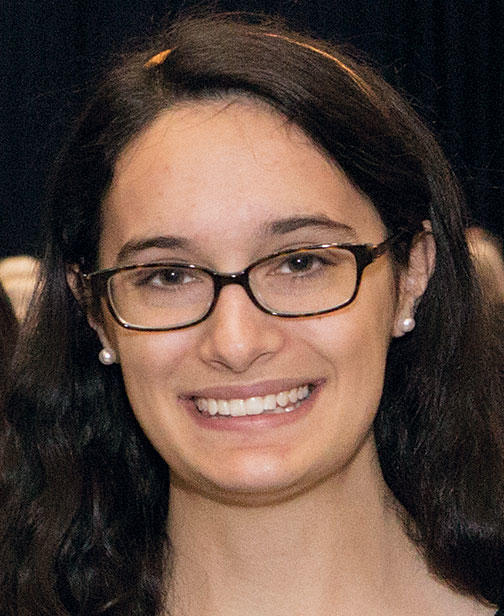
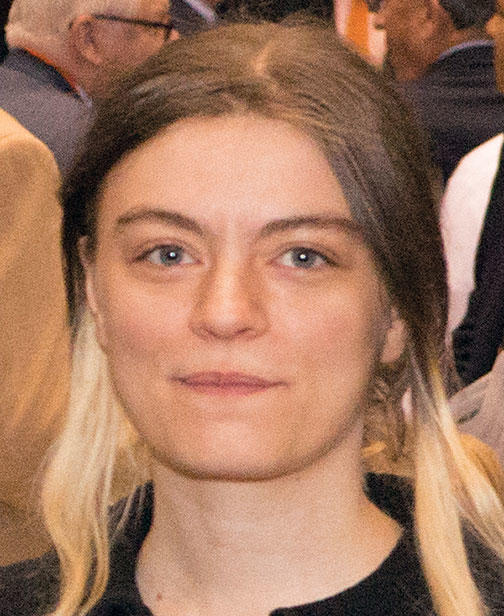
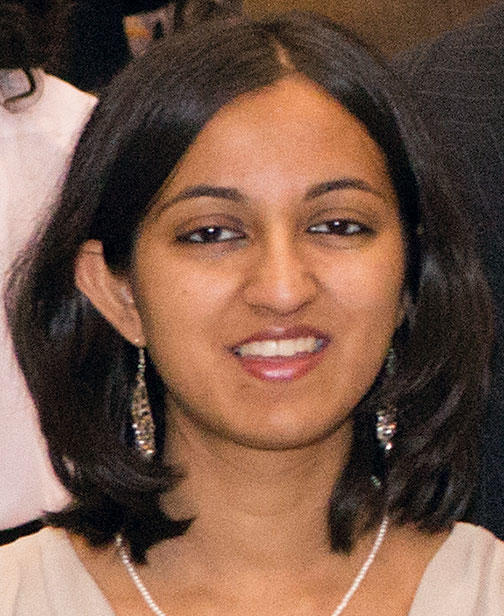
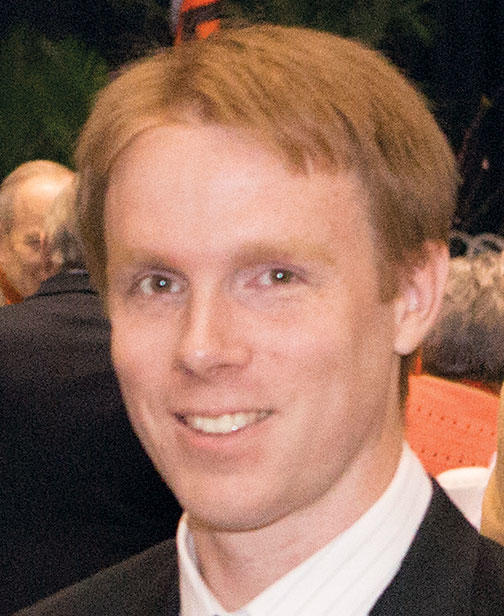
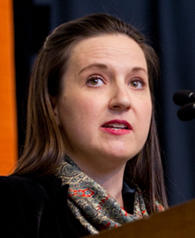




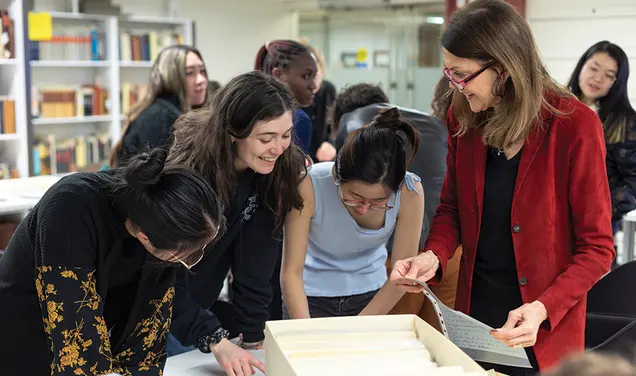


1 Response
William Thom ’63
10 Years AgoA Scrupulous Student
Professor Stephen Kotkin, the adviser of Jacobus Fellowship winner James Pickett GS, is quoted as saying Mr. Pickett is “brilliant yet unassuming, analytically bold yet unduly scrupulous with evidence” (Princetonians, March 19). It seems to me likely that Professor Kotkin said, and even more likely meant to say, that Mr. Pickett is “unusually” scrupulous with evidence, since being “unduly” anything generally is considered a bad thing.
Editor’s note: Stephen Kotkin agreed that the proper modifier is “unusually.”